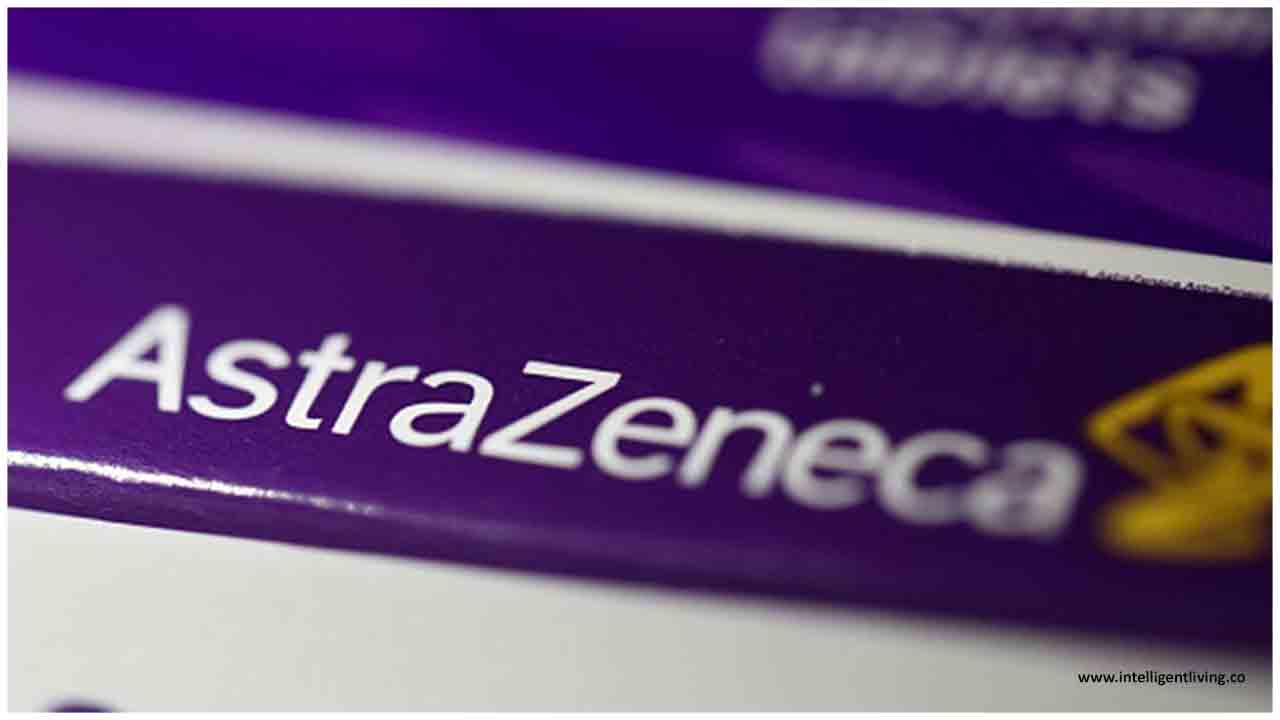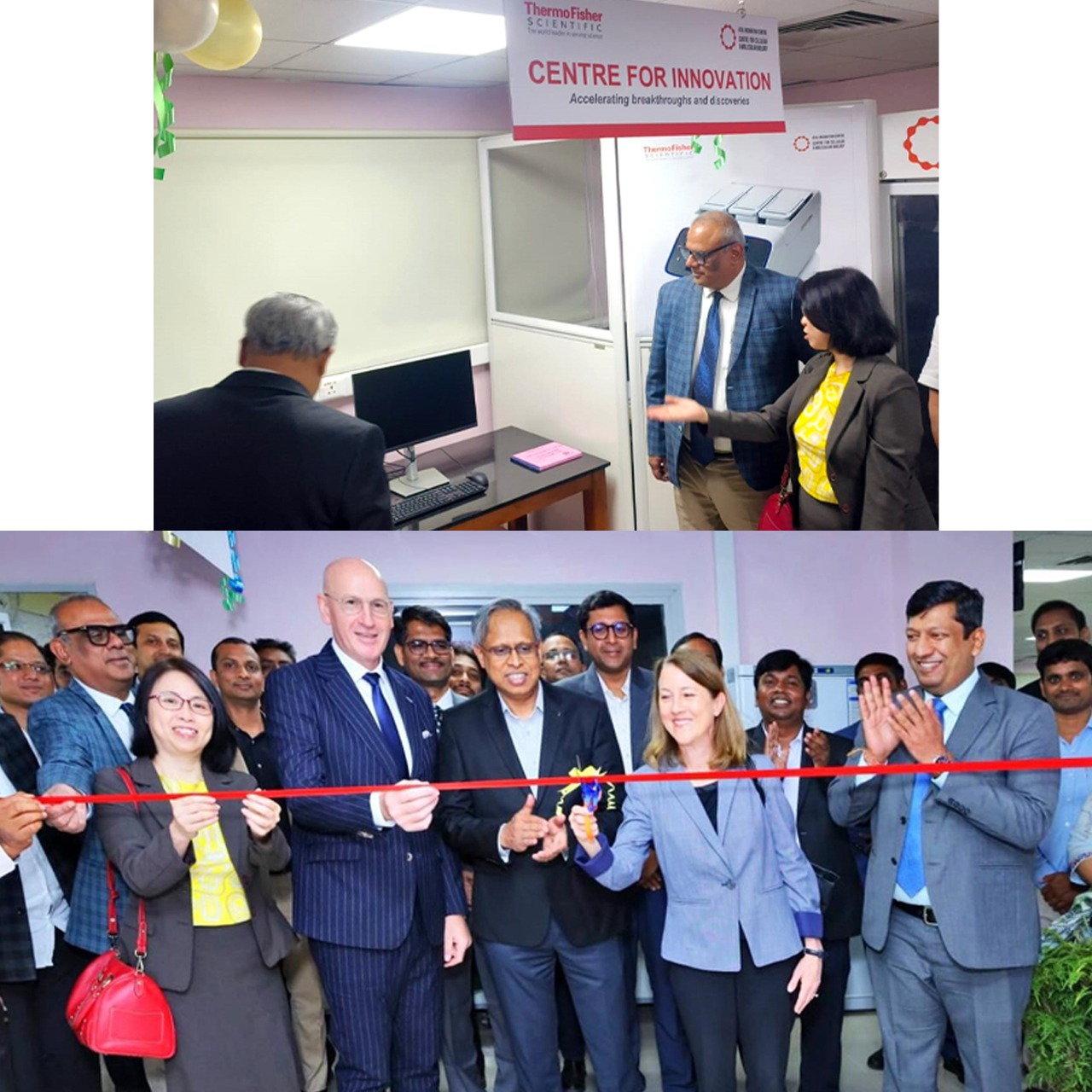AstraZeneca's Imfinzi (durvalumab) has received acceptance for its supplemental Biologics License Application (sBLA) and has also been granted Priority Review in the US for a new four-week, fixed-dose regimen for treatment in the approved indications of non-small cell lung cancer (NSCLC) and bladder cancer.
If approved, Imfinzi could be administered intravenously every four weeks at a fixed dose of 1500mg in unresectable Stage III NSCLC after chemoradiation therapy and previously treated advanced bladder cancer, consistent with the approved dosing in extensive-stage small cell lung cancer (ES-SCLC).
The Food and Drug Administration (FDA) grants Priority Review to applications for medicines that offer significant advances over available options by demonstrating safety or efficacy improvements, preventing serious conditions, or enhancing patient compliance. The Prescription Drug User Fee Act date, the FDA action date for their regulatory decision, is during the fourth quarter of 2020.
If approved, the new dosing will be available as an alternative to the approved weight-based dosing of 10mg/kg every two weeks. The sBLA was based on data from several Imfinzi clinical trials, including results from the Phase III CASPIAN trial in ES-SCLC which used the four-week, fixed-dose regimen during maintenance.
Dave Fredrickson, Executive Vice President, Oncology Business Unit, said: “The new less-frequent dosing option for non-small cell lung cancer and bladder cancer will simplify and improve treatment by enabling continuity of care while minimising the risk of exposure to infection in the healthcare setting. This takes on particular urgency during the current pandemic, as doctors care for patients at high risk of COVID-19 complications. We are working with health authorities in the US and other countries to bring the option of four-week, fixed dosing for Imfinzi to patients around the world as soon as we can.”
Imfinzi is approved in the curative-intent setting of unresectable, Stage III NSCLC after chemoradiation therapy in the US, Japan, China, across the EU and in many other countries, based on the Phase III PACIFIC trial. Imfinzi is also approved for previously treated patients with advanced bladder cancer in the US and several other countries. Additionally, it is approved in the US and under review in Japan and other countries for ES-SCLC. Imfinzi was also recently recommended for marketing authorisation in the EU for this indication.
Stage III NSCLC
Stage III (locally-advanced) NSCLC is commonly divided into three sub-categories (IIIA, IIIB and IIIC), defined by how much the cancer has spread locally and the possibility of surgery.1 Stage III disease is different from Stage IV disease, when the cancer has spread (metastasised), as the majority of Stage III patients are currently treated with curative intent.1,2
Stage III NSCLC represents approximately one-third of NSCLC incidence and in 2015 was estimated to affect nearly 200,000 patients in the following eight key countries: China, France, Germany, Italy, Japan, Spain, UK, and the US, with approximately 43,000 cases in the US alone.3,4 The majority of Stage III NSCLC patients are diagnosed with unresectable tumours.5 Prior to approval of Imfinzi in this setting, no new treatments beyond chemoradiation therapy had been available to patients for decades.6-9
Bladder cancer
In 2018, approximately 550,000 people were diagnosed with bladder cancer around the world and 200,000 died from the disease.10 Locally advanced and metastatic bladder cancer remains an area of unmet medical need and typically only one in seven patients are alive five years after diagnosis.11 Urothelial cancer (UC) is the most common form of bladder cancer.12 UC is the 10th most common cancer worldwide and the 13th most common cause of cancer death.10,13 PD-L1 is widely expressed in tumour and immune cells in patients with bladder cancer and helps tumours evade detection from the immune system.14
Imfinzi
Imfinzi (durvalumab) is a human monoclonal antibody that binds to PD-L1 and blocks the interaction of PD-L1 with PD-1 and CD80, countering the tumour's immune-evading tactics and releasing the inhibition of immune responses.
As part of a broad development programme, Imfinzi is also being tested as a monotherapy and in combination with tremelimumab, an anti-CTLA4 monoclonal antibody and potential new medicine, as a treatment for patients with NSCLC, SCLC, bladder cancer, head and neck cancer, liver cancer, biliary tract cancer, cervical cancer and other solid tumours.
AstraZeneca in lung cancer
AstraZeneca has a comprehensive portfolio of approved and potential new medicines in late-stage development for the treatment of different forms of lung cancer spanning different histologies, several stages of disease, lines of therapy and modes of action. AstraZeneca aims to address the unmet needs of patients with EGFR-mutated tumours as a genetic driver of disease, which occur in 10-15% of NSCLC patients in the US and EU and 30-40% of NSCLC patients in Asia, with the approved medicines Iressa (gefitinib) and Tagrisso (osimertinib) and its ongoing Phase III trials LAURA, NeoADAURA and FLAURA2.15-17
AstraZeneca is committed to addressing tumour mechanisms of resistance through the ongoing Phase II trials SAVANNAH and ORCHARD which test Tagrisso in combination with savolitinib, a selective inhibitor of c-MET receptor tyrosine kinase, along with other potential new medicines. Enhertu (trastuzumab deruxtecan), a HER2-directed antibody drug conjugate, is in development for metastatic non-squamous HER2-overexpressing or HER2-mutated NSCLC including trials in combination with other anticancer treatments. In addition, DS-1062, a trophoblast cell-surface antigen 2 (TROP2)-directed ADC, is in early development for advanced NSCLC where TROP2 is overexpressed in the majority of tumours.18
An extensive Immuno-Oncology development programme focuses on lung cancer patients without a targetable genetic mutation which represents up to three-quarters of all patients with lung cancer.19 Imfinzi, an anti-PDL1 antibody, is in development for patients with advanced disease (Phase III trials POSEIDON and PEARL) and for patients in earlier stages of disease including potentially-curative settings (Phase III trials MERMAID-1, AEGEAN, ADJUVANT BR.31, PACIFIC-2, PACIFIC-4, PACIFIC-5, and ADRIATIC) both as monotherapy and in combination with tremelimumab and/or chemotherapy. Imfinzi is also in development in the Phase II trials NeoCOAST, COAST and HUDSON in combination with potential new medicines from the early-stage pipeline including Enhertu.
AstraZeneca’s approach to Immuno-Oncology
Immuno-oncology (IO) is a therapeutic approach designed to stimulate the body’s immune system to attack tumours. The Company’s IO portfolio is anchored by immunotherapies that have been designed to overcome anti-tumour immune suppression. AstraZeneca is invested in using IO approaches that deliver long-term survival for new groups of patients across tumour types.
The Company is pursuing a comprehensive clinical-trial programme that includes Imfinzi as a monotherapy and in combination with tremelimumab in multiple tumour types, stages of disease, and lines of therapy, and where relevant using the PD-L1 biomarker as a decision-making tool to define the best potential treatment path for a patient. In addition, the ability to combine the IO portfolio with radiation, chemotherapy, small targeted molecules from across AstraZeneca’s Oncology pipeline, and from research partners, may provide new treatment options across a broad range of tumours.
AstraZeneca in oncology
AstraZeneca has a deep-rooted heritage in oncology and offers a quickly growing portfolio of new medicines that has the potential to transform patients’ lives and the Company’s future. With seven new medicines launched between 2014 and 2020, and a broad pipeline of small molecules and biologics in development, the Company is committed to advance oncology as a key growth driver for AstraZeneca focused on lung, ovarian, breast and blood cancers.
By harnessing the power of four scientific platforms – Immuno-Oncology, Tumour Drivers and Resistance, DNA Damage Response and Antibody Drug Conjugates – and by championing the development of personalised combinations, AstraZeneca has the vision to redefine cancer treatment and, one day, eliminate cancer as a cause of death.

 Option would extend dosing to four weeks in non-small cell lung and bladder cancer reducing medical visits by half
Option would extend dosing to four weeks in non-small cell lung and bladder cancer reducing medical visits by half



































